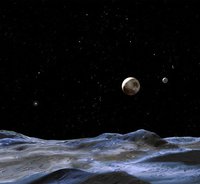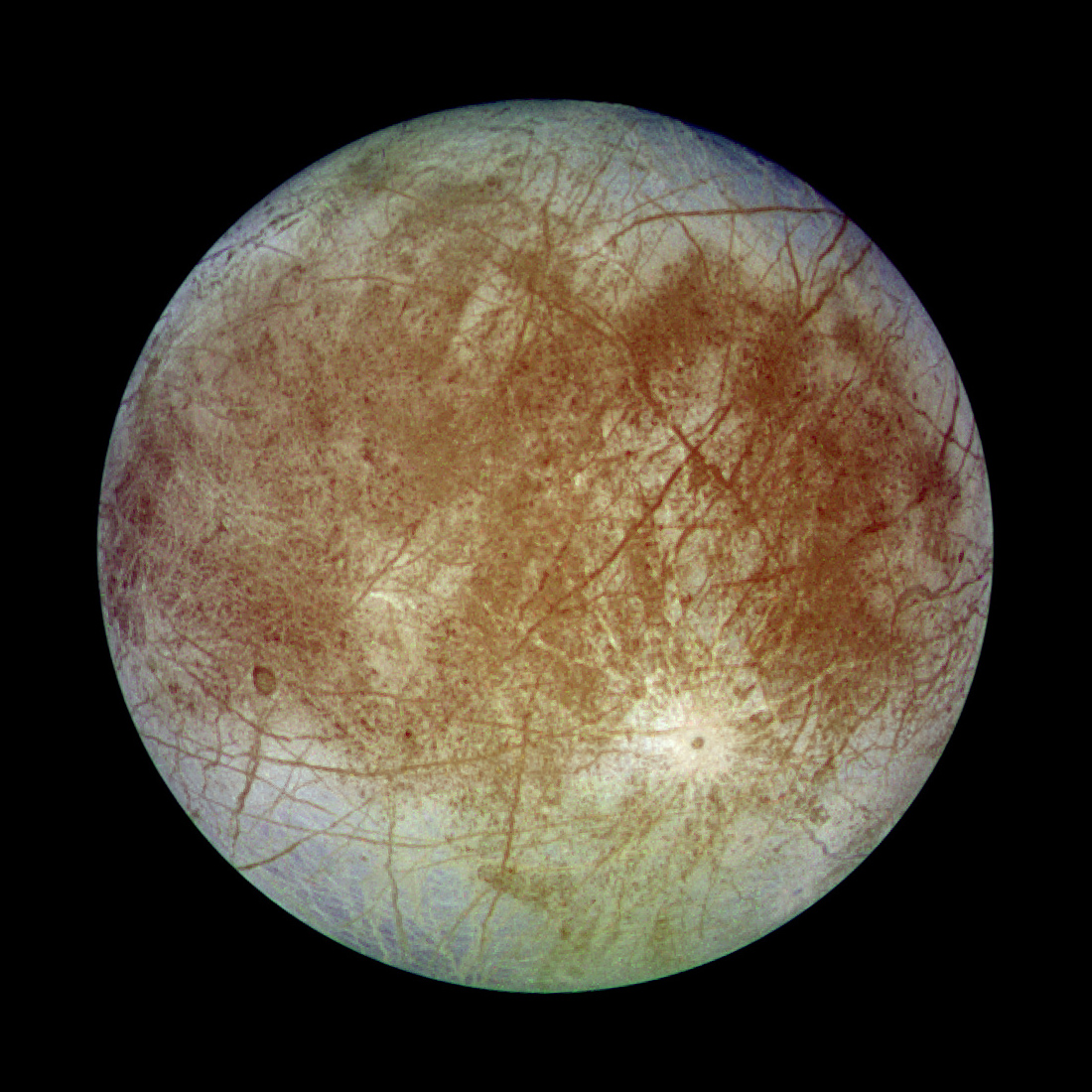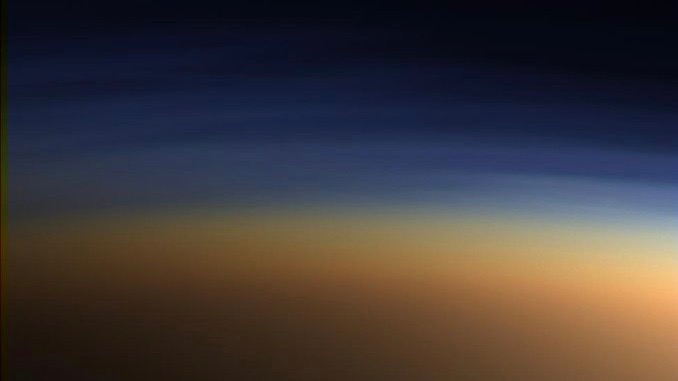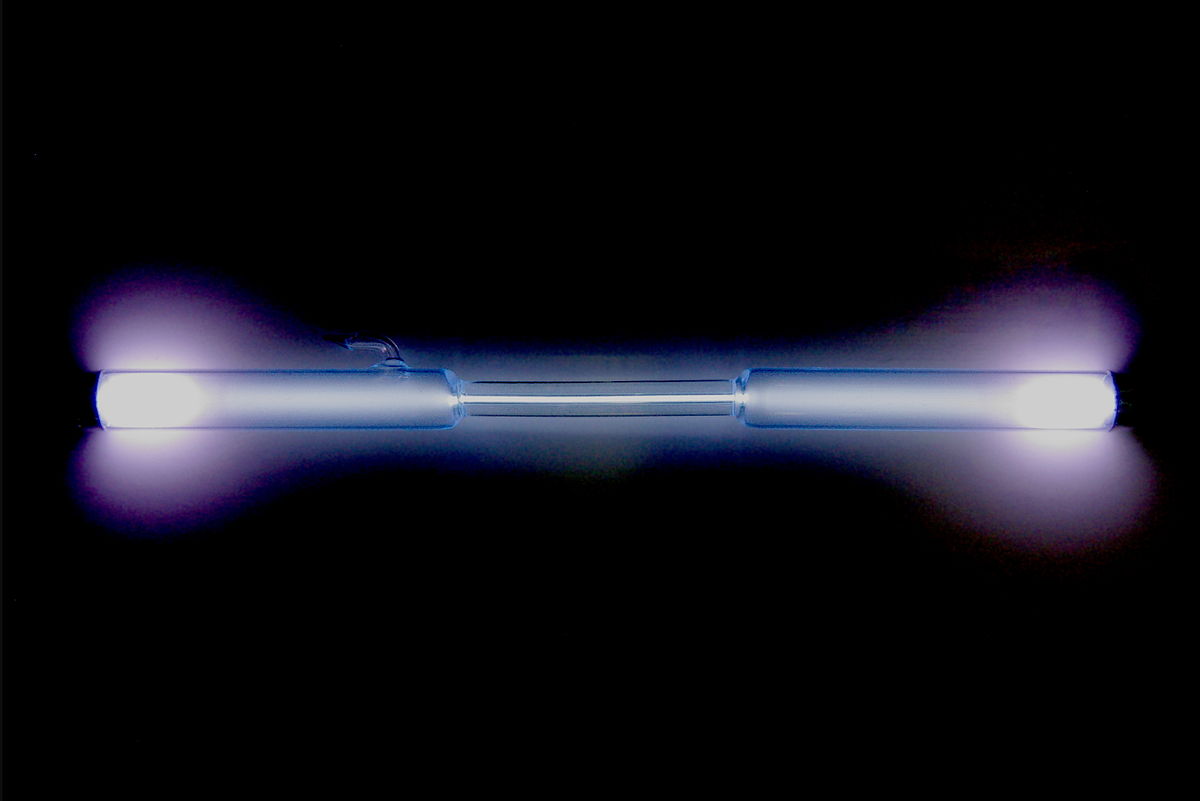
As active exploration of space begins its sixth decade, we have, for the first time in the history of humanity, the tools and techniques to probe the profound questions of planetary habitability: how has life evolved and survived on Earth for more than 3.5 billion years? Is there life beyond Earth? These questions served as a driving force for the space program and, eventually led to the interdisciplinary field of astrobiology in the late-1990s; bringing together astronomers, biologists, chemists, geologists, and physicists, to answer these fundamental questions about the role of biology in the Universe.
NASA’s present search for life beyond Earth prioritizes the search for liquid water: where we find liquid water on Earth, we generally find life. Over the past few decades a major revolution has occurred, shifting our understanding of where liquid water may be found. Moons of the outer solar system such as Europa, Ganymede, and Enceladus orbit the planets Jupiter and Saturn, and though these moons are covered in ice they harbor sub-surface liquid water oceans that contain many times the volume of liquid water found on Earth. These oceans are there today and have likely persisted for much of the history of the solar system, providing key environments in which to search for extant life beyond Earth—life from a possible second, independent origin. Recent discoveries of metabolically active microorganisms in subglacial environments on Earth provides us with a compelling case that sub-ice oceans in the outer Solar System possess the ingredients necessary to support life.
 Getting Under Europa’s Skin
Getting Under Europa’s Skin Tracing Formation and Evolution of Outer Solar System Bodies Through Stable Isotopes and Noble Gas Abundances
Tracing Formation and Evolution of Outer Solar System Bodies Through Stable Isotopes and Noble Gas Abundances Photosynthesis, a Planetary Revolution
Photosynthesis, a Planetary Revolution Xenon: King of the Gases
Xenon: King of the Gases